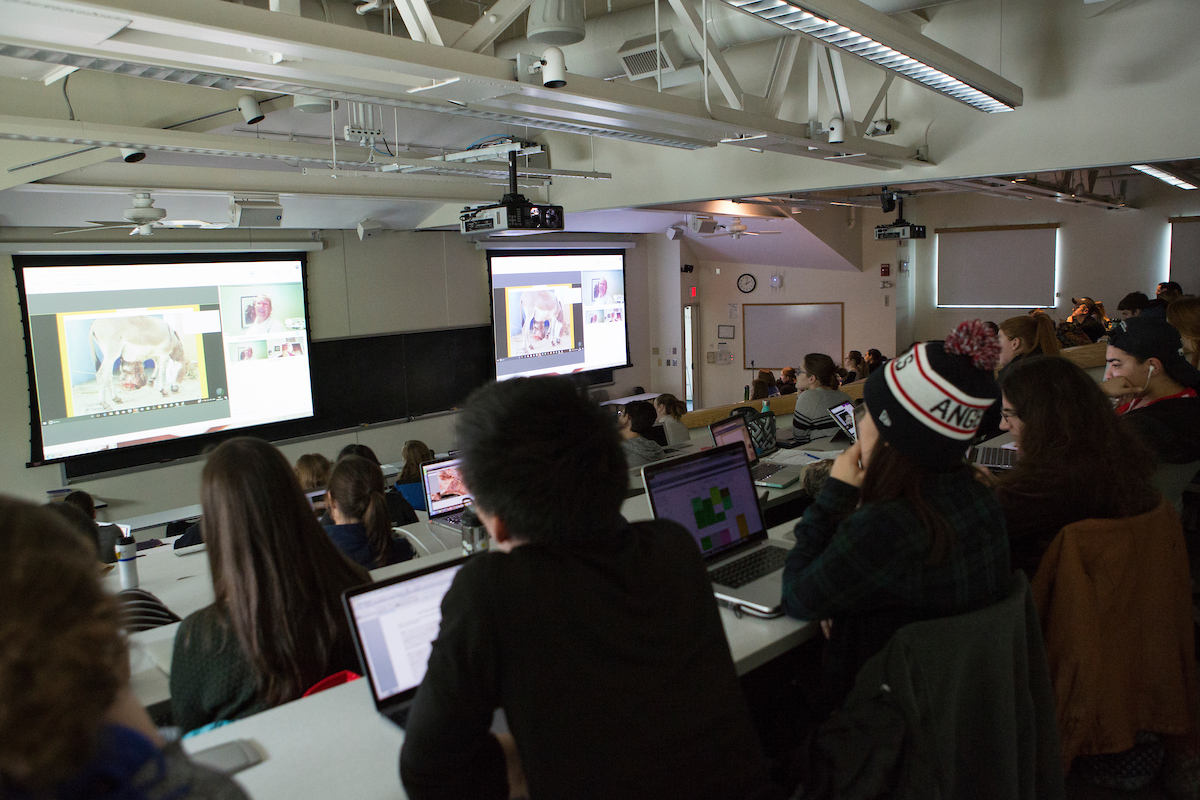PRE-ASSESSMENT
Students’ prior knowledge plays a significant role in helping or hinder their learning. Pre-assessments can allow you to set students expectations for a course, and make informed choices about which activities will support students learning. The goals of pre-assessments are to uncover student’s beliefs and misconceptions, test our assumptions of what students know, and activate their prior knowledge about a subject to help them to integrate what they are learning in your course.
Pre-Assessment Strategies
What can you do to uncover what students already know/do/believe about the topic of a course?
- Design an activity which allows students to express their own knowledge/skills and attitudes and potentially provide them with the opportunity to get ‘learning’ feedback.
- Common examples of pre-assessments include:
- Pre-class questionnaires
- Concept inventories
- Quizzes
- Opportunities for students to make predictions, brainstorm or build concept maps
These resources will help you get started crafting pre-assessment activities —
- Getting to Know Your Students (Tufts)
- How (and Why!) to Write a Pre-Course Survey or Questionnaire (Northwestern)
Learning Profiles
A student’s learning profile is composed of their learning preferences, strengths and challenges. While a classical belief that student’s learn best according to an innate ‘learning style’ has largely been shown to be false, students do have learning preferences that will shape the way they first engage with materials.
See Also

